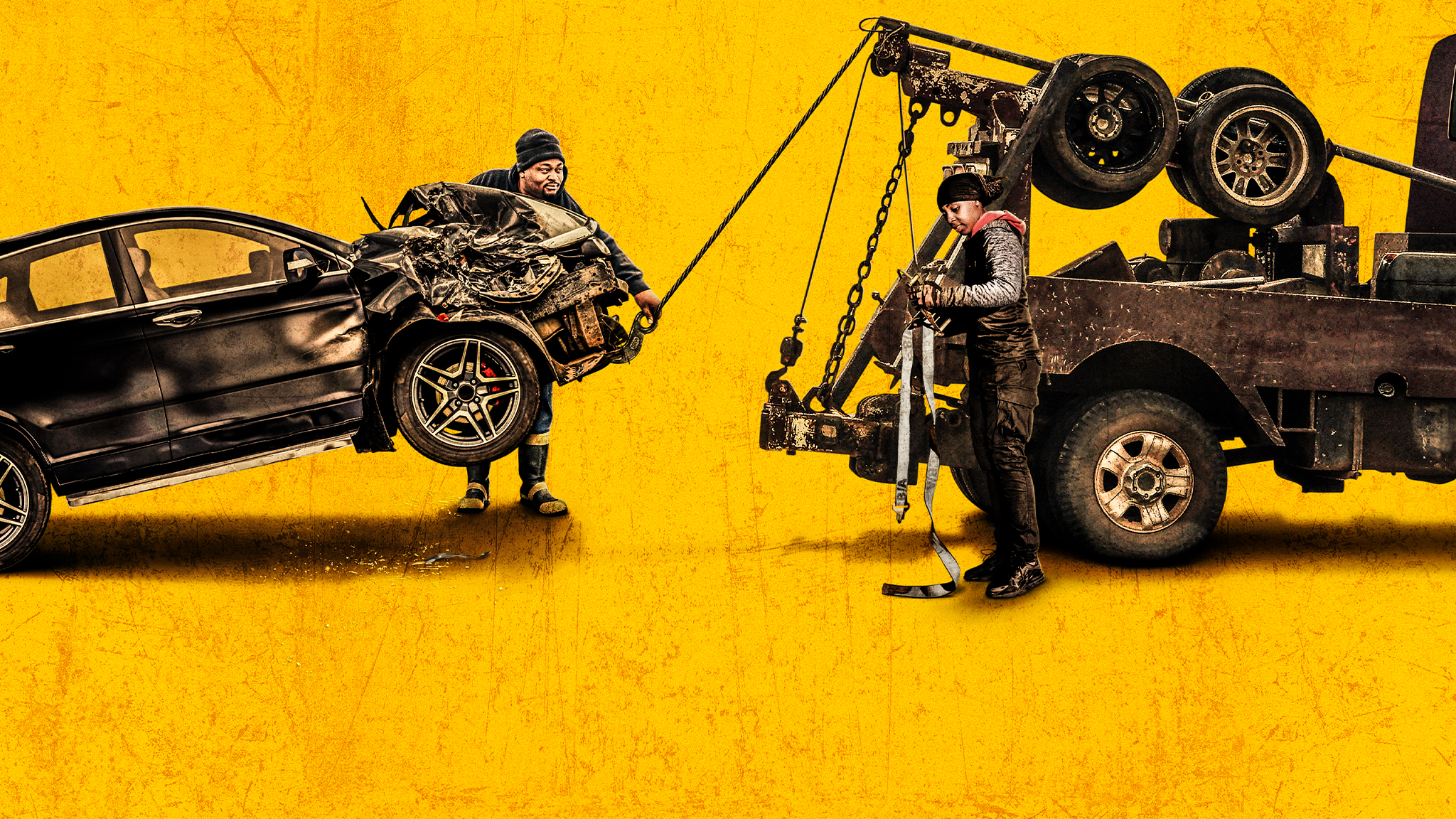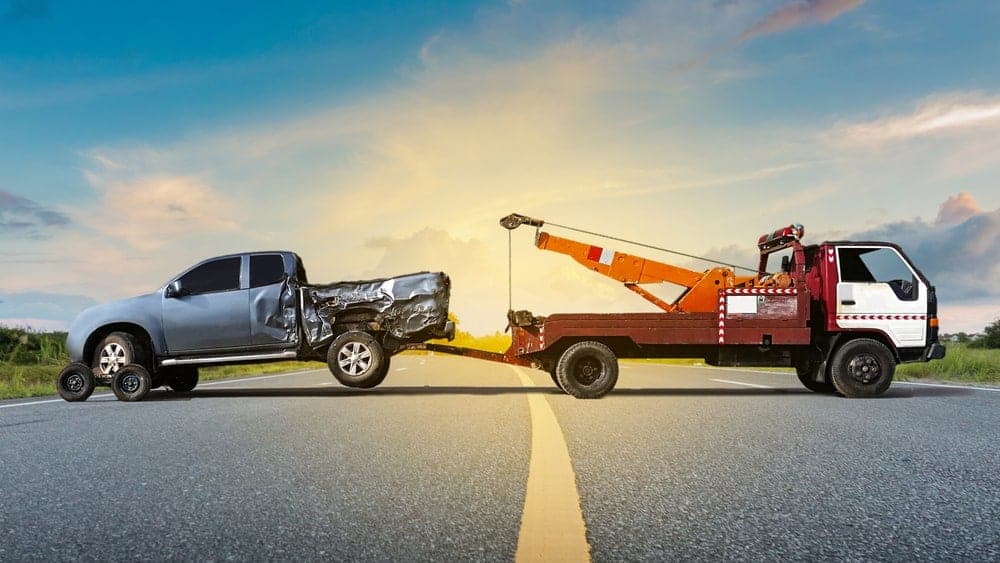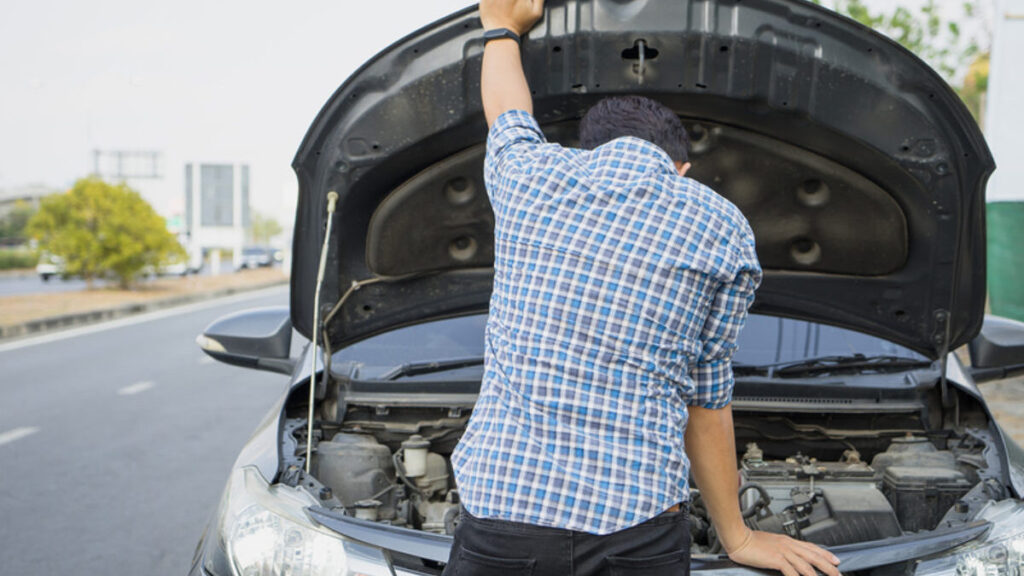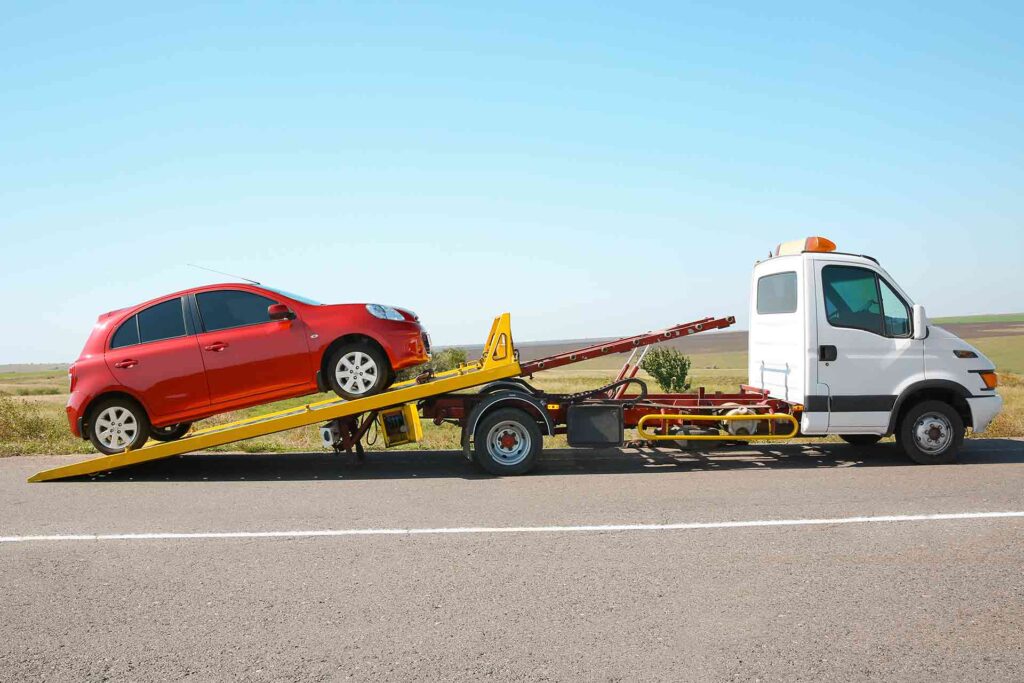
Picture this: you’re cruising down the highway on a sunny afternoon, not a car in the world. Suddenly, you hear a sputtering sound, your engine starts to shake, and your vehicle grinds to a halt. It’s times like these when towing services become your lifeline. Essentially, towing services provide emergency roadside assistance, transporting incapacitated vehicles from one location to another, usually a repair shop or the owner’s home.
In many instances, towing service Tulsa are associated with minor inconveniences such as mechanical failures and accidents. However, they also serve in dire situations, like helping to clear an accident site or removing illegally parked cars. Not all heroes wear capes, some drive tow trucks! Understanding the role these services play in our lives will help ensure that if you ever need them, you’ll know exactly what to expect.
Types of Towing Vehicles and Equipment

The type of tow truck or equipment dispatched to your location largely depends on your vehicle’s make, model, and the problem at hand. Flatbed tow trucks, for instance, are the most common. They have a long flatbed at the rear, which can be inclined to ground level, allowing the vehicle to be hauled onto it under its own power or pulled by a winch.
In situations where a car is stuck in a ditch or has its wheels locked, a hook-and-chain tow truck may be used. It employs a chain that hooks the car, lifting it off the ground for transportation. For larger vehicles, an integrated tow truck – a hybrid of the boom and wheel-lift types – is often deployed. These are just a few examples, and the specific equipment required varies based on the vehicle and situation.
On the flip side, knowing this is not just a fun fact; it has practical implications. When you understand the type of tow truck or equipment needed for your vehicle, you can communicate effectively with the towing service. This might save you time and potential additional damage to your vehicle due to inappropriate handling or equipment use.
Common Reasons for Needing a Towing Service
One of the most common reasons is mechanical breakdown. This could be anything from a blown tire to more serious issues like engine failure. Accidents, minor or major, are another common cause for towing. After ensuring everyone’s safety, one of your first calls should be to a reliable tow service.
But it’s not just vehicle problems and accidents that necessitate towing services. Everyday instances like locking yourself out of your car or running out of fuel can call for a tow. Moreover, in cases where a car is obstructing a pathway or is illegally parked, a tow service might be summoned to move the vehicle.
Recognizing these scenarios will allow you to anticipate when you might need towing services. Not all situations involving a tow truck are stressful, but being prepared for when they are can help you stay calm during the storm. And remember, it’s always better to hire a professional towing service than to risk causing further damage to your vehicle or yourself.
Essential Information to Provide When Requesting a Tow

When you find yourself in need of a towing service, effective communication is paramount. First, provide the exact location of your vehicle. If you’re unsure, use your phone’s GPS to give an accurate location. Next, explain the situation clearly. Are you stuck in a ditch, or has your engine failed? The more information the operator has, the better they can assist you.
Additionally, offer details about your vehicle: the make, model, color, and license plate number. This helps the towing service identify your vehicle, especially in busy areas. If there are specific issues – such as a damaged axle – that might affect the process, let the operator know.
Lastly, let the towing service know where you want your vehicle towed. It could be a nearby auto repair shop or back to your home. If you’re unfamiliar with the area, ask for recommendations. The goal is to facilitate a smooth, efficient towing process, so the more information you provide, the better.
Knowing Your Rights and Responsibilities as a Driver
Understanding your rights and responsibilities as a driver during a tow is critical. For instance, you have the right to decide where your vehicle will be towed unless directed otherwise by law enforcement in case of an accident. You also have the right to an honest estimate before receiving the service, and the company must obtain your signature acknowledging this estimate.
On the other hand, you’re also responsible for certain things. These include removing all personal belongings from the vehicle before it’s towed and ensuring that the place the vehicle is being towed to is ready to receive it. Furthermore, you’re responsible for the towing and storage fees, unless your insurance covers them.
Remember that laws governing towing vary from state to state and even between localities. As such, it’s essential to familiarize yourself with local regulations and requirements. Ignorance isn’t an excuse, so stay informed.
How to Choose a Reliable Towing Service Provider

Choosing a reliable towing service is more than picking the first option that pops up on your online search. It involves considering several factors. First, check the company’s reputation. Look up online reviews, ask friends for recommendations, and check if they have any complaints lodged against them. A company’s reputation speaks volumes about its services.
Secondly, consider the company’s availability and response time. Emergencies can occur at any time, so the company should be able to provide 24/7 service. You don’t want to be stuck in the middle of nowhere in the dead of night with no help. Their response time is also crucial; the quicker they can get to you, the better.
Lastly, consider their pricing. While you don’t want to skimp on quality service, it’s also essential to find a company that offers competitive rates. Ask for a quote before committing and ensure there are no hidden charges. The aim is to find a service that provides a balance of cost, reliability, and quality.
Cost Factors and Insurance Considerations for Towing Services
The cost of towing services can vary widely based on several factors. These include the distance of the tow, the type of vehicle, the time of day, and any additional services such as winching or roadside assistance. It’s crucial to understand these factors so that you can anticipate potential costs and avoid any surprises.
Another critical consideration is insurance. Many auto insurance policies cover towing services, but the specifics vary by provider and policy. Some may fully cover towing costs, while others only cover a portion. Some policies may require you to use specific towing companies to qualify for coverage. Therefore, it’s vital to understand your insurance policy’s details and limitations.
Conclusion
In conclusion, while no one relishes the idea of needing a tow, understanding the intricacies of towing services can help turn a potentially stressful situation into a manageable one. Armed with the knowledge of what to expect, you can navigate the process confidently, ensuring you receive quality, efficient service. So, indulge in the luxury of preparedness and take control of your driving experiences.




